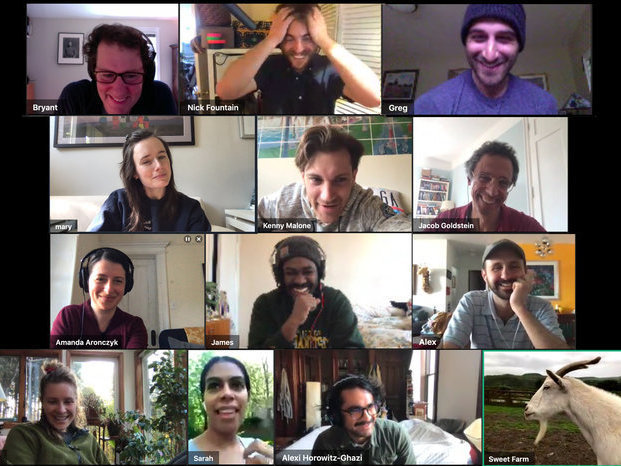
Overview
Remote work, unsurprisingly, brings new challenges to workers everywhere, and never has it been more obvious than now. Behavioral research by a leading psychologist informs and quantifies these challenges, leading to insight about how they might be solved. Every problem, it turns out, has its root in the universal need for personal interaction.
Key Takeaways
- More than anything, this article analyzes and illustrates a series of smaller problems within remote work that accrue to form a need around personal interaction
- The details of interpersonal interaction, it turns out, are vital.
- Another interesting note about this is the normal adoption of remote work, which, pandemic aside, has been around 4% with fairly slow growth.
Excerpts
- Since the birth of the personal computer, futurists have been predicting the death of the office.
- If we can chat over video and instantly exchange messages and files, they figured, why would we endure stressful commutes in fossil-fuel-burning vehicles just to sit side by side in brick-and-mortar buildings?
- An estimated 37% of American jobs could plausibly be done full time from home — but, before the pandemic, the total percentage of American workers that worked “at least half the time” from home was only about 4 percent.
- According to a recent survey by the Society of Human Resource Management, over 70 percent of employers report struggles with shifting to remote work.
- The Stanford psychologist Jeremy Bailenson has spent two decades studying virtual communication between humans, and he’s cataloged the ways existing technology fails us
- “When we’re actually face to face, we don’t stare at each other’s eyes for that long,” Bailneson says. “But the default setting on a lot of these videoconference technologies is a Brady Bunch grid, where everybody’s staring at you right in the face.”
- “People have very dedicated personal norms about the proper space one should leave between themselves and others,”
- “We very rarely get that close to someone unless we’re in a fight or an intimate situation,”
- In a series of experiments, Bailenson found that the gaze of a teacher in a video call made students pay closer attention, causing a short-term spike in their productivity.
- Employers like offices so they can keep an eye on the people who do the actual work and motivate them to be productive. It’s much easier to do that in person.
- Social scientists like Bailenson call this “the watercooler effect,” and it’s something that is missing in the more structured communication on Zoom calls and even Slack, where everyone is trying not to interrupt everyone else and nothing seems to happen spontaneously.
- The office is also a place for social bonding, mentorship and professional development.



